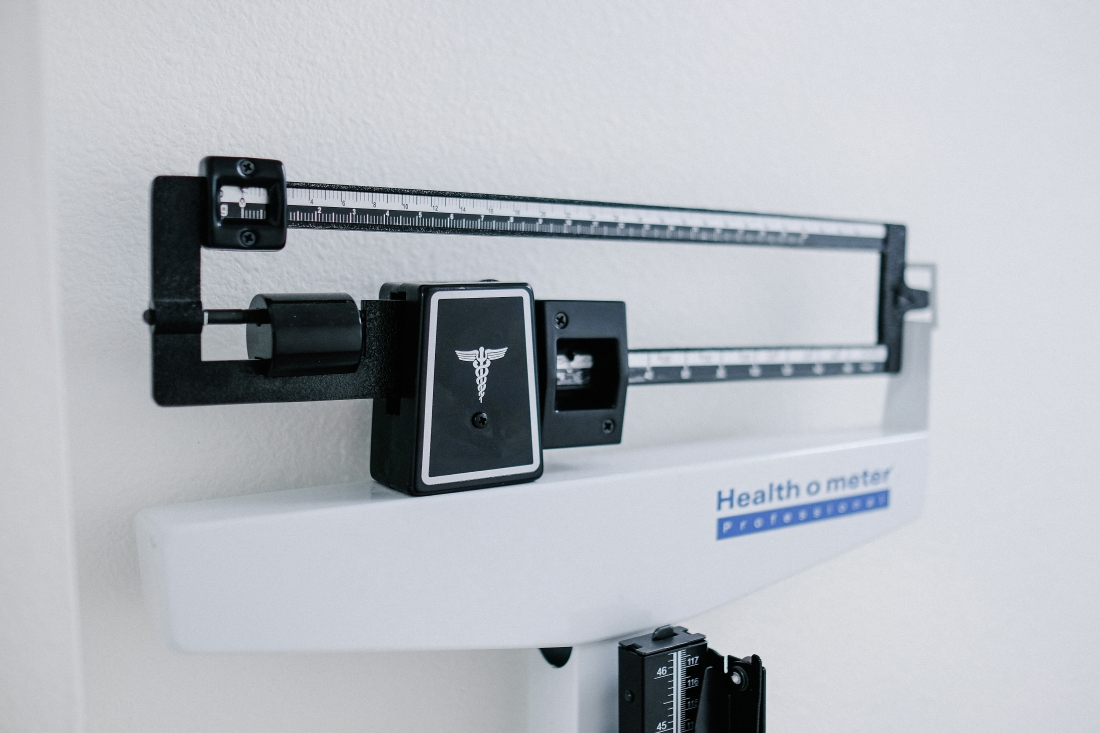Understanding Sinus Infections
(how to tell if sinus infection has spread to brain) Sinus infections, also termed sinusitis, involve inflammation of the sinuses caused by bacteria, viruses, or fungi. While most cases resolve with home remedies or medical treatment, some can lead to severe complications if left untreated. Infection disseminates to the brain is one of the most dangerous complications. Recognizing early warning signs can help prevent life-threatening outcomes.
How Can a Sinus Infection Spread to the Brain?
The sinuses are situated in proximity to the brain, separated by thin bony barriers. If bacteria or fungi break through these barriers, they can cause serious conditions such as meningitis, brain abscess, or cavernous sinus thrombosis. These complications require immediate medical attention.
Warning Signs That a Sinus Infection Has Spread to the Brain
-
Severe and Persistent Headache
Although headaches are frequent findings in the sinus infection, worsening headache which does not respond to analgesics may indicate underlying serious condition. If the pain becomes unbearable, spreads across the head, or is accompanied by confusion, seek emergency care.
-
High Fever and Chills
Temperature more than 102 OF (38.9 °C) with chills and sweating tips the balance that the infection has spread beyond the sinuses. Typical sinusitis results in low grade fever, but when fever is extreme, it may indicate central nervous system infection.
-
Stiff Neck and Sensitivity to Light
Neck stiffness with accompanying photosensitivity can be a symptom of meningitis. This happens when the infection causes the brain’s protective membranes to be inflamed, producing serious complications.
-
Confusion or Altered Mental State
Brain infections can cause disorientation, forgetting, concentration deficit, or speech impairment. When they become confused, drowsy, or suddenly experience mood changes, immediate medical assessment is required.
-
Seizures
Seizures are an alarming symptom that could be due to an abscess or brain infection. This happens when infection forms pus cavities in the brain, interfering with brain function.
-
Vision Problems
Blurred vision, double vision, or even loss of sight can result from increased pressure inside the brain. If these symptoms develop, they may indicate cavernous sinus thrombosis, a dangerous condition requiring urgent medical intervention.
-
Persistent Vomiting
Nausea and vomiting which do not improve may indicate raised intracranial pressure (ICP). If vomiting is frequent and unrelated to food intake, seek emergency care.
-
Swelling Around the Eyes
Draining or red around the eyes, restricted eyeball movements, and eyelid drooping can be manifestations of spreading of infection. If untreated, this condition, referred to as orbital cellulitis, may go on to affect the brain.
Who Is at Higher Risk?
Though a complication of a sinus infection can happen to any, certain individuals are at increased risk:.
- Patients with impaired immune systems (e.g., patients with HIV, cancer, or diabetes).
- People with chronic sinus infections
- Patients with a history of recent facial trauma or surgery.
- Those who delay treatment for bacterial sinusitis
Diagnosis and Treatment
If a doctor thinks a sinus infection has gotten into the brain, they may order:.
- CT Scan or MRI: Helps detect brain swelling, abscesses, or sinus blockages.
- Lumbar Puncture (Spinal Tap): Identifies meningitis by testing cerebrospinal fluid.
- Blood Tests: Confirms the presence of infection and inflammation.
Treatment Options
- Intravenous (IV) Antibiotics or Antifungal Medications: Necessary for bacterial or fungal infections.
- Surgery: In severe cases, drainage of abscess or infected sinuses is needed.
- Hospitalization: Most cases involving brain infection require close medical monitoring.
Preventing Sinus Infections from Spreading
To reduce the risk of complications, follow these precautions:
- Seek early treatment: Do not ignore persistent or worsening symptoms.
- Complete prescribed antibiotics: Stopping antibiotics too soon can allow infections to return.
- Manage allergies and nasal congestion: Use nasal sprays or humidifiers to keep sinuses clear.
- Maintain good hygiene: Wash hands regularly to prevent bacterial infections.
- Stay hydrated: Drinking water helps thin mucus, reducing sinus pressure.
- Avoid smoking: Smoke irritates nasal passages and worsens infections.
When to See a Doctor
See a doctor if:
- Symptoms persist for more than 10 days
- Fever exceeds 102°F (38.9°C)
- You present with neurological disturbances such as confusion, seizures, or vision defects.
- Headaches become severe and do not respond to medication
Conclusion(how to tell if sinus infection has spread to brain)
Sinus infections are common but can become dangerous if they spread to the brain. Recognizing the early warning signs—such as persistent headaches, confusion, seizures, or vision problems—is crucial. Early medical treatment can prevent serious complications and save lives. If it is suspected that a sinus infection has advanced beyond typical presentations then immediate emergency medical care should be sought.
FAQs: how to tell if sinus infection has spread to brain
- Can a sinus infection go away on its own?
Yes, mild sinus infections often resolve without treatment. Nevertheless, if symptoms become more severe or last for more than 10 days, clinical treatment may be required.
- It’s not common at all for a sinus infection to spread to the brain.
It is rare but serious. Brain complications are associated only a few% of the sinus infections, however, the risks rise if they are left to progress untreated.
- What is the survival rate of cerebral infection resulting from sinusitis?
With early treatment, the survival rate is high. On the other hand, if not managed timely, the fatality rate of brain infection can reach up to 25% [6].
- Sinus infections don’t travel to the brain, as the brain has its own separate immune system and protective barriers.
It varies. In serious cases, infection can become widespread in hours or weeks, particularly when the immune response is impaired.
- What should I do if I suspect my sinus infection is spreading?
Seek medical attention immediately if you experience confusion, seizures, severe headaches, or vision problems. Delayed treatment can be life-threatening.
- Can home remedies help prevent complications?
Yes, hydration, steam inhalation, and allergy control are all helpful. But if symptoms continue or get worse, it is important to consult a doctor immediately.





